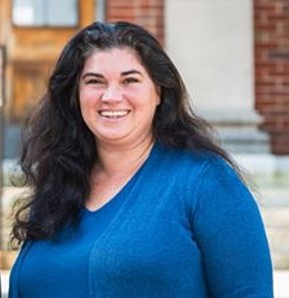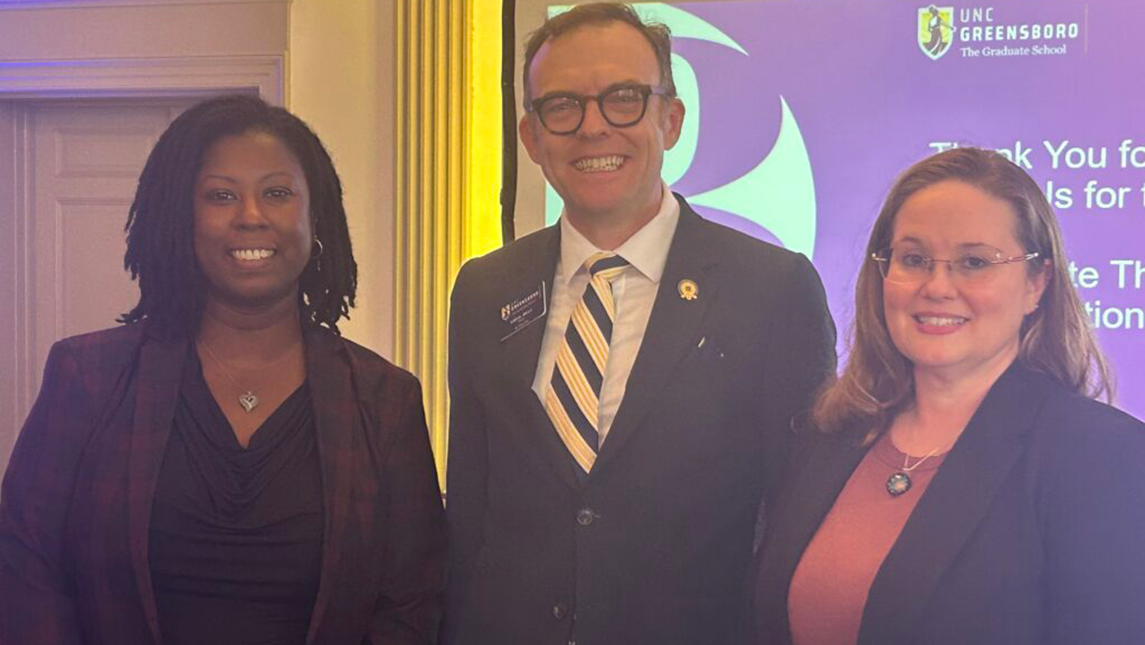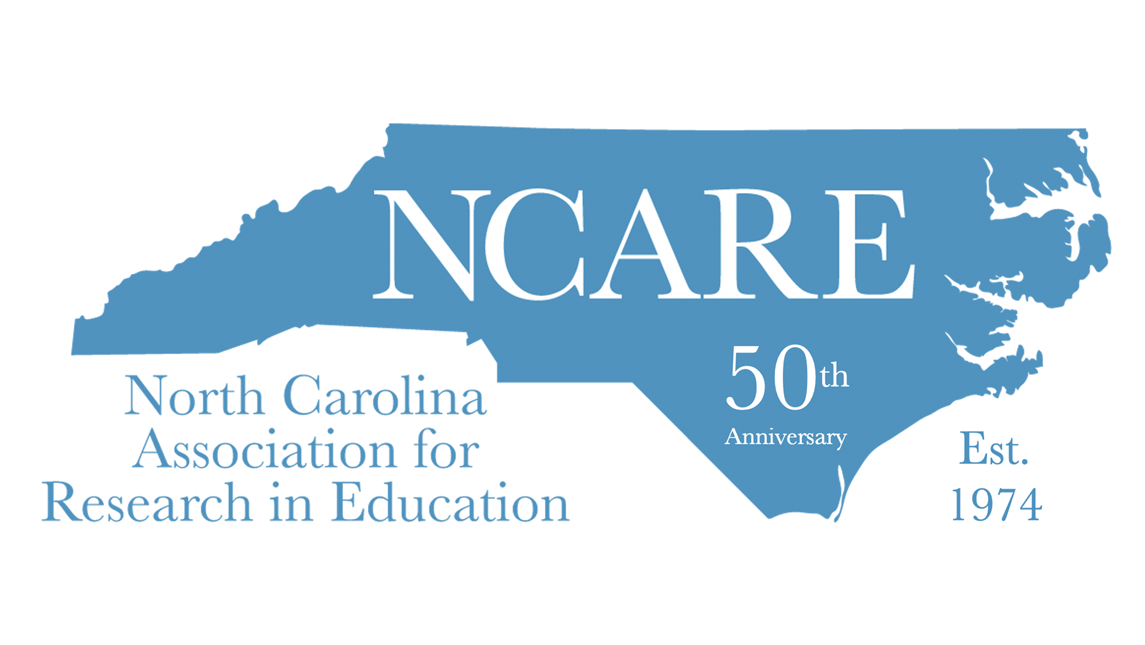Led by Dr. Carrie Wachter Morris, members of the Department of Counseling and Educational Development (CED) inside of the UNC Greensboro School of Education have been awarded a $5.6 million grant from the United States Department of Education. The grant, to be used over five years, is a training grant to directly address the large, unmet need for the preparation of mental health professionals in public schools.
Wachter Morris, along with CED team members Drs. Jennifer Deaton and L. DiAnne Borders, will implement a school-based mental health partnership with the Alamance-Burlington School System (ABSS). This partnership will build upon the department’s current, successful relationship with Rockingham County Schools (RCS) to expand the pipeline of school mental health professionals into high-need public schools.
Said Wachter Morris, “Engaging with ABSS is just one way that we’re building on the foundation of the highly successful partnership between CED and RCS. We are excited to expand the availability of high-quality, professional school counselors in local high-need schools – both during and after graduate students’ internship experiences. In addition to increasing the size and scope of our school counseling internship, we’re engaging with activities at the undergraduate and secondary levels. For example, we’re also building a new undergraduate class that will form the foundation for an undergraduate certificate, and working to expand the pipeline of school-based mental health professionals, and specifically, professional school counselors to serve the state’s K-12 students.”
Both ABSS and RCS will welcome high-quality graduate student school counseling interns into their district. Over the course of the grant, a total of 24 interns will be placed in schools in each of the two districts, for a total of 48 interns. The first cohort of ABSS interns will begin their service in the fall of 2024 and will serve over the course of the university’s academic year.
Wachter Morris and her team will monitor the progress and success of the interns and the program through ongoing feedback from interns, their university and site supervisors, and RCS and ABSS personnel, as well as looking at outcomes from activities implemented throughout the five year funding period.



